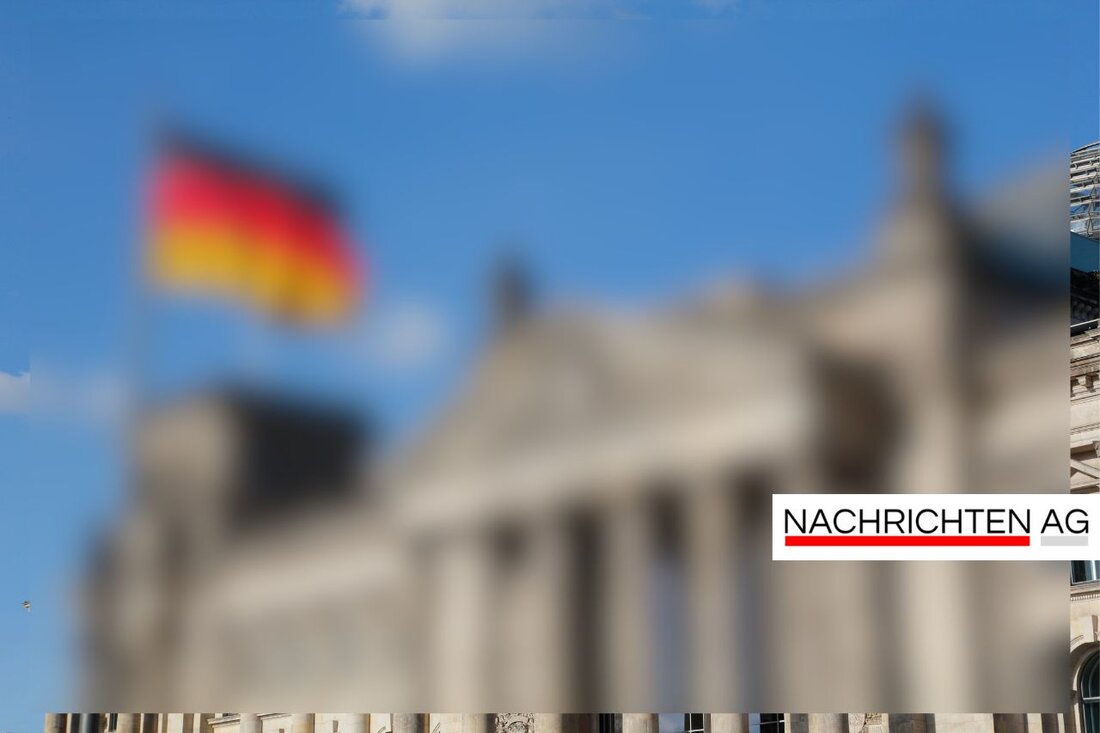Truck lobby on alert: billion dollars threaten for climate goals!
Truck lobby on alert: billion dollars threaten for climate goals!
The discussion about the future climate goals in the transport sector is gaining drive, while truck manufacturers warn against the financial consequences of sluggish adjustments. According to a report by Welt require manufacturers in the climate requirements, analogously to the specifications for the auto industry. They confirm that they do not question the climate goals, however, require a decline in diesel and the expansion of charging stations for electric vehicles.
The association of truck manufacturers, ACEA, warns of high penalties in billions of bills, which may be due due to the slow growth of climate-friendly trucks. Currently over 90 percent of all newly approved diesel trucks come from, while only 3.5 percent of the trucks registered in the first quarter of 2025 can be operated electrically, be it by battery or plug-in hybrid. Christian Levin, the CEO of Scania and chair of the ACEA committee for commercial vehicles, emphasizes the need to increase the prices for climate-damaging energy sources and to improve the charging infrastructure for electronic trucks to promote the journey into a low-emission.
political measures for better infrastructure
federal political decisions could help the sector. In March 2025, the Bundestag decided to change a historical constitution for a 500-billion euro special assets to promote investments in infrastructure and climate protection, such as electrive.net reported. This decision still requires the Federal Council's consent and could result in a revival of the KSNI funding stopped in 2024 for alternatively powered trucks. Alexander Vlaskamp, the CEO of Man Truck & Bus, expresses itself optimistically about the investments in technology and charging infrastructure for commercial vehicles that are to be made possible by the special fund.
The Federal Environment Agency (UBA) predicts that the transport sector must make a significant contribution to reducing greenhouse gases by 2030. The sector is responsible for around 36 percent of all NOx emissions and 19 percent of fine dust. Despite technical improvements, CO2 emissions in road freight transport have risen by 21 percent since 1990, which increases urgency to take measures to reduce emission.
climate goals and their challenges
The climate protection goals are ambitious: a reduction in greenhouse gases by 65 percent by 2030 compared to 1990 is targeted, which is an immense challenge in view of a predicted exceeding of 226 million tons of CO2 equivalent. The emissions of traffic must be reduced in order to meet national and European guidelines. The European Climate Protection Ordinance provides for a reduction in emissions in the traffic sector of up to 50 percent for Germany by 2030. These measures are part of a comprehensive plan that also provides futur technologies such as fuel cell trucks and increased electrification.
Overall, truck manufacturers and the legislator are faced with the challenge of reducing climate-damaging subsidies and establishing a fair price for CO2 emissions. These measures, together with a greater promotion of rail transport and the adaptation of the financing conditions, could be crucial to achieve the desired climate goals and to promote sustainable mobility in freight transport.
| Details | |
|---|---|
| Ort | Deutschland |
| Quellen | |


Kommentare (0)